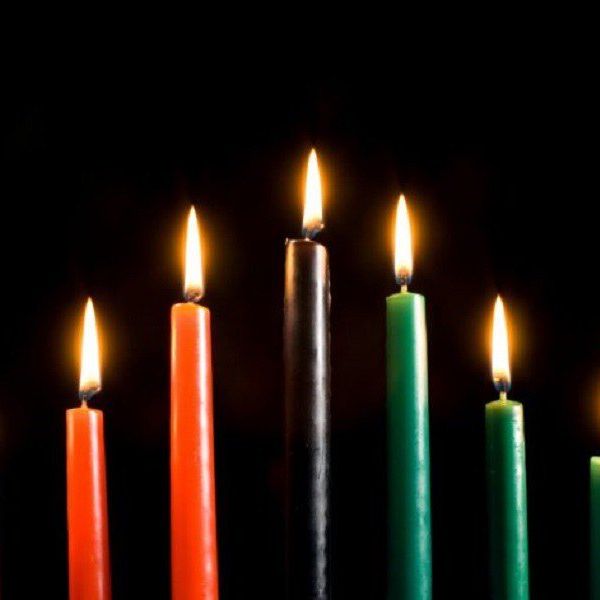What is enlightenment? Like so many other abstract notions, the word or idea of enlightenment does not designate anything real or tangible in the world like, say, the word “tree” does.
The idea of enlightenment was a big one in the 18th century during the Age of Enlightenment, also known as the Age of Reason. Enlightenment came to be associated with the prominence of using one’s faculties of reason, science, and the separation of the church’s grip on the state and the minds of people. The last one is of great importance, which I will discuss later on.
It was almost inevitable that thinkers began giving form to, or defining, enlightenment. Immanuel Kant, a German philosopher, who reigned the world of ideas during the 18th century, defined enlightenment as “humanity’s escape from its self-incurred tutelage.”
“Tutelage” means being under the guidance of others. It can rightly be said that in almost every aspect of society, people are under the guidance of others. When we see a doctor, we typically assume that his authority is supreme in regard to medical matters. When we get our cars fixed, people generally believe whatever the mechanic tells us. When we go to church or listen to the news, people unwaveringly believe what is told to them, especially if it confirms their own biases.
People enjoy being under the tutelage of others. They find happiness there and feel safe from outside threats. However, you certainly can’t be safe inside your own bubble of narrow-mindedness and be enlightened at the same time.
Now, Kant is right in saying how much people are under the guidance of others, but he neglects the fact that society depends on this. The very structure of society relies on peoples’ mutual dependence on one another. Even the greatest minds in history are guided or inspired in one way or another by those who preceded them.
I agree that, as far as possible, people should exercise their faculty of reason and discover things for themselves but, ultimately, what they discover will be a discovery made by someone else. So essentially, we must trust, take a leap of faith even, that the discovery which another person made is a reliable one. And how do we do that? Well, we must trust the judgement of others, and so ad infinitum.
You can quickly see that doing your own research is just an endless black hole of trusting, or being under the tutelage of others. So what is the cure for this chronic ailment? We certainly can’t all be scientists and discover reality for ourselves; none of us have time for this.
Whenever I ponder this dilemma, I always come to the same conclusion of expressing doubt. This way, you will live a life free of dogma, and your mind will be free to roam.
Happiness, for me, always comes into the equation of enlightenment. When we allow our minds to roam freely, without landing on a safe ledge, we might find ourselves disconcerted, perhaps even nihilistic. Of course, if we choose to land, we risk caging our minds, depriving them of the freedom they deserve. The solution, I think, is to find happiness in freedom.
Enlightenment, then, is to find happiness in freedom.



















